University College Dublin (UCD) were the overall winners of the Great Agri-Food Debate in Belfast last week.
The two-day event was held at Queen’s University Belfast and the final debate of this year’s competition was between UCD and Waterford Institute of Technology (WIT).
The motion for the last round was “Global free trade, not subsidies, will deliver a sustainable future for European agriculture”.
The UCD team, captained by Una Sinnott, opposed the motion and based their argument on the merits of financially supporting farmers to produce food in an environmentally sustainable way.
Global free trade is the worst thing that can happen to your hometown
Sinnott also argued that subsidies are critical for maintaining the family farm model of European and Irish agriculture, which underpins rural society.
“Global free trade is the worst thing that can happen to your hometown, the worst thing that can happen to our animal welfare standards, the worst thing that can happen to our environmental standards and biodiversity,” she said.
The UCD team acknowledged that farm support schemes have had design flaws in the past, and continue to have problems at present, but they argued that this was not a reason for scrapping subsidies altogether.
Counter argument
The WIT team were the proposers of the motion. Their captain Danielle Mulligan led a strong team, with a well-presented argument.
“If you need a subsidy to make something sustainable, it certainly isn’t sustainable,” Mulligan said.
Their main argument was that subsidies prop up “failed businesses” and restrict access to land for more economically efficient farmers.

The team from Waterford Institute of Technology, including the final's best speaker award winner Martin Beausang (front right).
They pointed to New Zealand, where farm subsidies were removed in the 1980s, and its farmers are now seen as the most market-focused in the world. UCD countered the New Zealand argument by pointing to environmental pressures that are now coming on its dairy industry, as well as the impact on farm incomes when international markets fail.
The UCD team also made clear that they were not against free trade agreements, but rather they opposed liberal trade where there is no protection and income support for European farmers.
Quick thinking
Throughout the debate, speakers had to contend with interventions and points of correction from their opponents.
One example was when WIT interjected during UCD student Simon Lanigan’s speech to argue that his example of the environmental schemes GLAS was not a subsidy, but rather a grant.
Lanigan was undeterred and calmly continued making the case for using farm payments to uphold environmental standards.
Global free trade implies that no benefit is given to the domestic producer of a good
In her concluding remarks, UCD team captain Una Sinnott impressively revisited the point.
“Global free trade implies that no benefit is given to the domestic producer of a good. A grant is a benefit to a domestic producer; therefore, a grant could not exist in a world of global free trade,” she said.
The competition is in its fifth year and is a joint initiative between Dawn Meats and McDonald’s. The stance taken by the teams are the positions they have been assigned by random draw and do not necessarily relfect their point of view.
The judging panel consisted of Nina Prichard from McDonald’s; German ambassador to Ireland HE Mrs Deike Potzel; Food Safety Authority of Ireland CEO Pamela Byrne; Dawn Meats and Dunbia CEO Niall Browne. The final was chaired by Bord Bia CEO Tara McCarthy.
Martin Beausang from Waterford IT was awarded the best speaker prize.
Read more
EU-UK trade talks start on Monday
Coronavirus: what does it mean for agriculture?
University College Dublin (UCD) were the overall winners of the Great Agri-Food Debate in Belfast last week.
The two-day event was held at Queen’s University Belfast and the final debate of this year’s competition was between UCD and Waterford Institute of Technology (WIT).
The motion for the last round was “Global free trade, not subsidies, will deliver a sustainable future for European agriculture”.
The UCD team, captained by Una Sinnott, opposed the motion and based their argument on the merits of financially supporting farmers to produce food in an environmentally sustainable way.
Global free trade is the worst thing that can happen to your hometown
Sinnott also argued that subsidies are critical for maintaining the family farm model of European and Irish agriculture, which underpins rural society.
“Global free trade is the worst thing that can happen to your hometown, the worst thing that can happen to our animal welfare standards, the worst thing that can happen to our environmental standards and biodiversity,” she said.
The UCD team acknowledged that farm support schemes have had design flaws in the past, and continue to have problems at present, but they argued that this was not a reason for scrapping subsidies altogether.
Counter argument
The WIT team were the proposers of the motion. Their captain Danielle Mulligan led a strong team, with a well-presented argument.
“If you need a subsidy to make something sustainable, it certainly isn’t sustainable,” Mulligan said.
Their main argument was that subsidies prop up “failed businesses” and restrict access to land for more economically efficient farmers.

The team from Waterford Institute of Technology, including the final's best speaker award winner Martin Beausang (front right).
They pointed to New Zealand, where farm subsidies were removed in the 1980s, and its farmers are now seen as the most market-focused in the world. UCD countered the New Zealand argument by pointing to environmental pressures that are now coming on its dairy industry, as well as the impact on farm incomes when international markets fail.
The UCD team also made clear that they were not against free trade agreements, but rather they opposed liberal trade where there is no protection and income support for European farmers.
Quick thinking
Throughout the debate, speakers had to contend with interventions and points of correction from their opponents.
One example was when WIT interjected during UCD student Simon Lanigan’s speech to argue that his example of the environmental schemes GLAS was not a subsidy, but rather a grant.
Lanigan was undeterred and calmly continued making the case for using farm payments to uphold environmental standards.
Global free trade implies that no benefit is given to the domestic producer of a good
In her concluding remarks, UCD team captain Una Sinnott impressively revisited the point.
“Global free trade implies that no benefit is given to the domestic producer of a good. A grant is a benefit to a domestic producer; therefore, a grant could not exist in a world of global free trade,” she said.
The competition is in its fifth year and is a joint initiative between Dawn Meats and McDonald’s. The stance taken by the teams are the positions they have been assigned by random draw and do not necessarily relfect their point of view.
The judging panel consisted of Nina Prichard from McDonald’s; German ambassador to Ireland HE Mrs Deike Potzel; Food Safety Authority of Ireland CEO Pamela Byrne; Dawn Meats and Dunbia CEO Niall Browne. The final was chaired by Bord Bia CEO Tara McCarthy.
Martin Beausang from Waterford IT was awarded the best speaker prize.
Read more
EU-UK trade talks start on Monday
Coronavirus: what does it mean for agriculture?





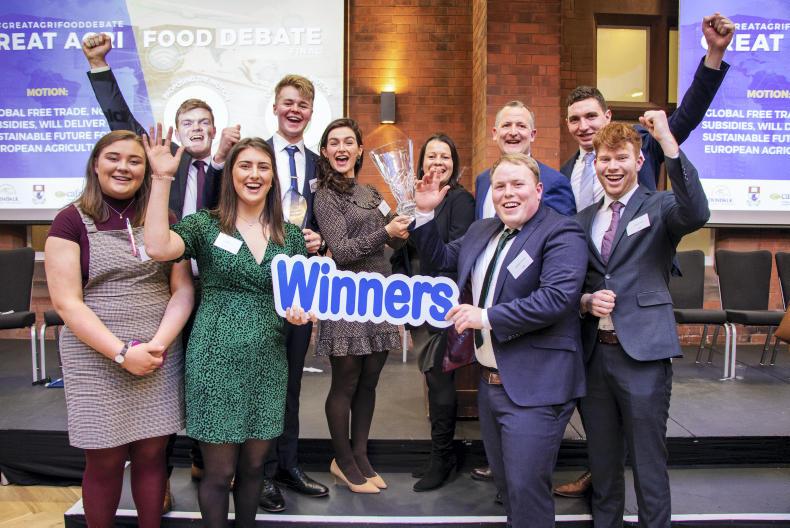
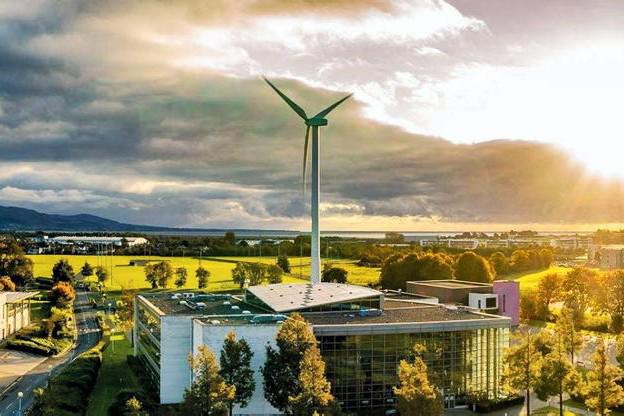
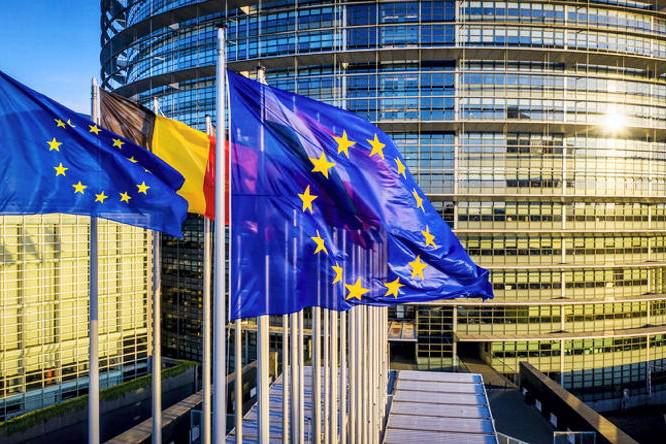
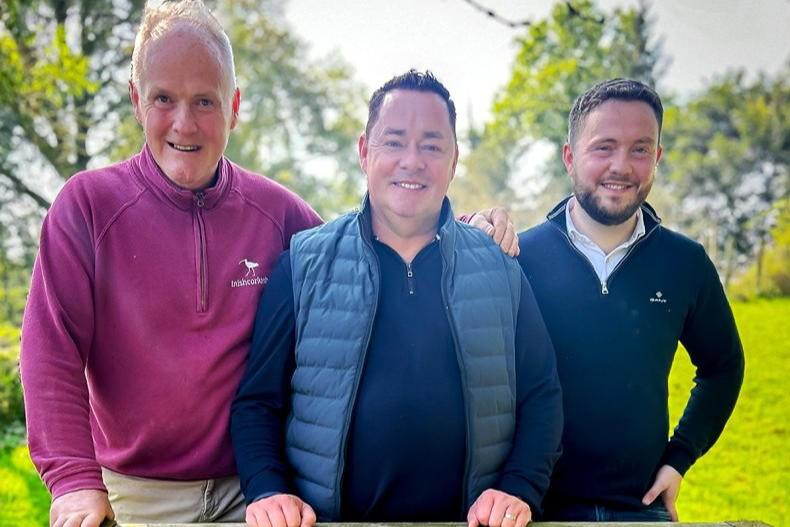
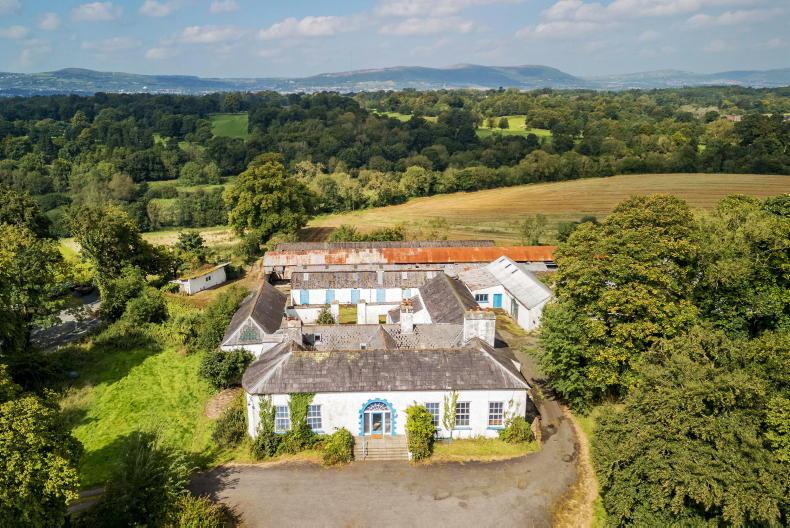
SHARING OPTIONS